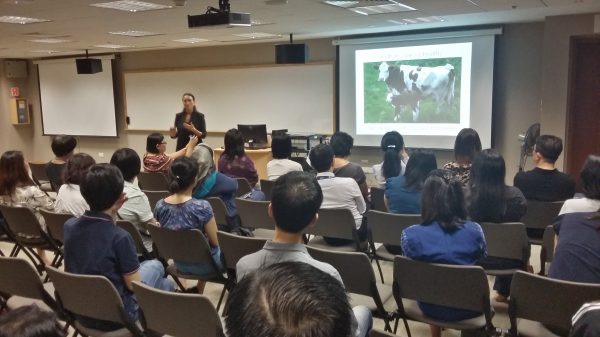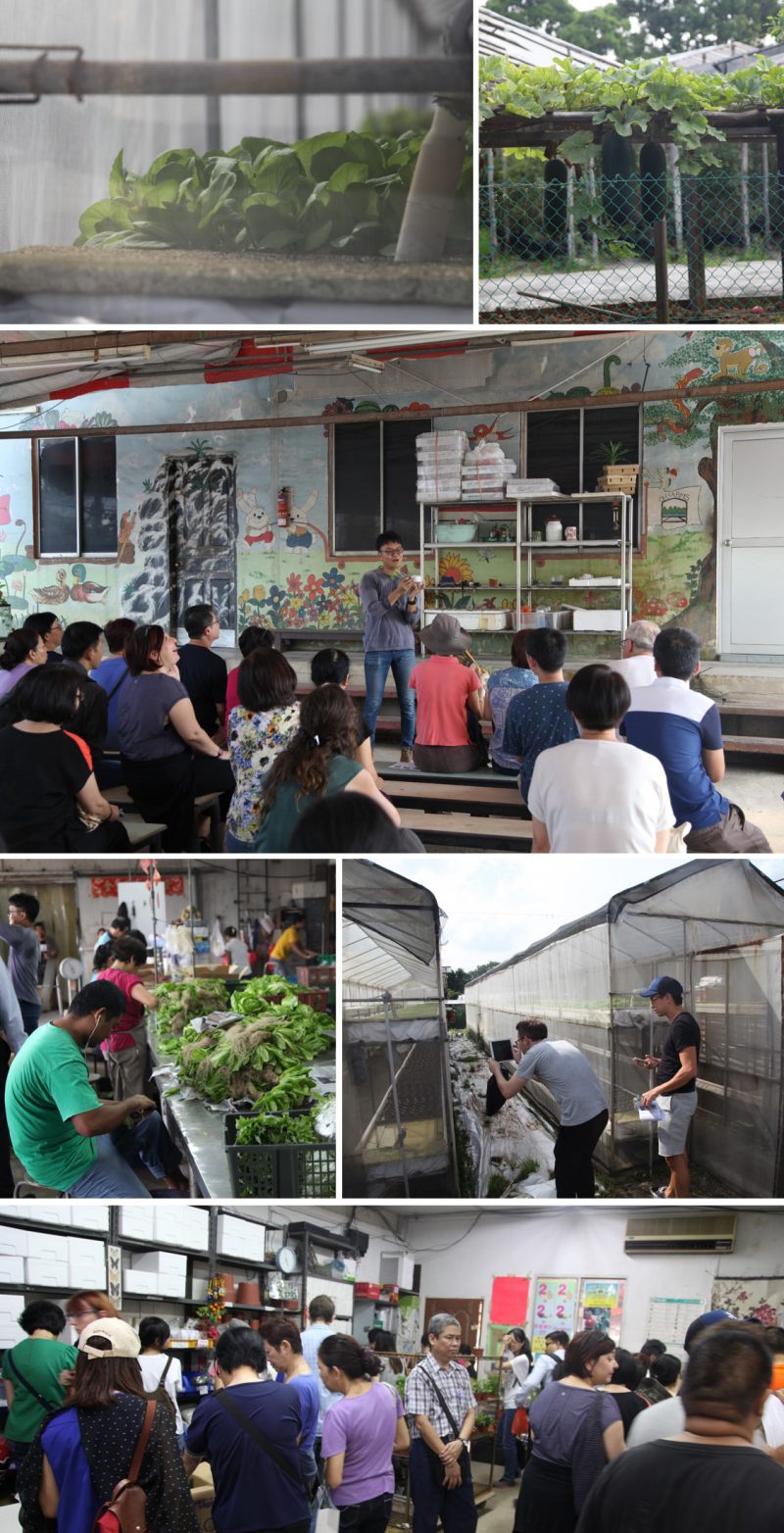Food Production and Climate Change

In the public consciousness, climate change is usually linked to the burning of fossil fuels for transport and electricity production. However, an often overlooked, but no less important, contributor to climate change is food production. ‘Food Production and Climate Change’ was a series of events that aimed to introduce the impacts of food production on climate change and how individuals can mitigate these impacts. Below were the events in this series.
06 July – ‘Meat the Truth’, a documentary

A lunch time screening of the documentary ‘Meat the Truth’ was held at the Central Library. Although earlier films about climate change have convincingly succeeded in drawing public attention to the issue of global warming, they have repeatedly ignored one of the most important causes of climate change, namely: intensive livestock production. Meat the Truth has drawn attention to this by demonstrating that livestock farming generates more greenhouse gas emissions worldwide than all cars, lorries, trains, boats and planes added together.
13 July – The Hero Talk

This was a lunch time talk given by Rebecca Cappelli from ‘Let us be Heroes’ on the impacts of food production and our food choices on our planet. Nutritional and ethical aspects of food production were also discussed. In addition, various initiatives in NUS (such as Project Box, Project Tumbler, Food Bank collection boxes, Eco Food Court certification and Healthier Dining Programme) that individuals can support to mitigate the climate change impacts of food were shared at the end of this talk.
21 July – Visit to Oh Chin Huat Hydroponic Farms Pte Ltd

This visit introduced us to locally grown vegetables, which have a lower carbon footprint than imported vegetables. We were shown the different stages of vegetable farming such as the germination room, nursery greenhouse, hydroponics greenhouse, nutrient mixing room and the harvesting centre. There was also a short demonstration on how to grow plants hydroponically at home using recycled materials. At the end of the visit, we were given complimentary vegetables and had the opportunity to shop for more vegetables and hydroponics equipment at the on-site store.
